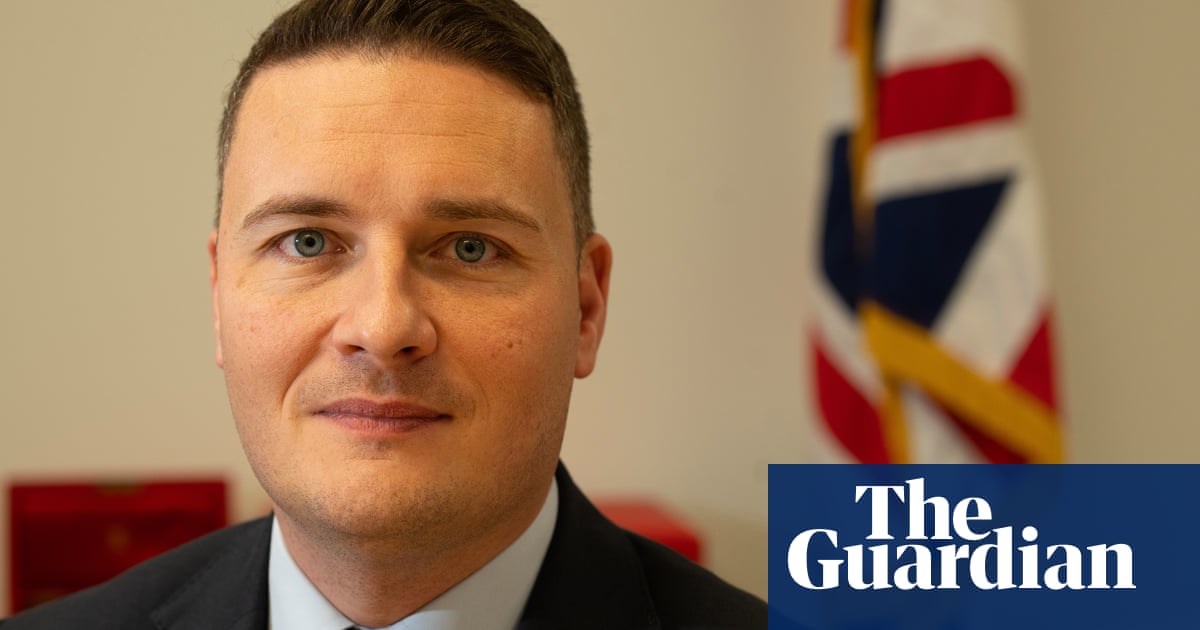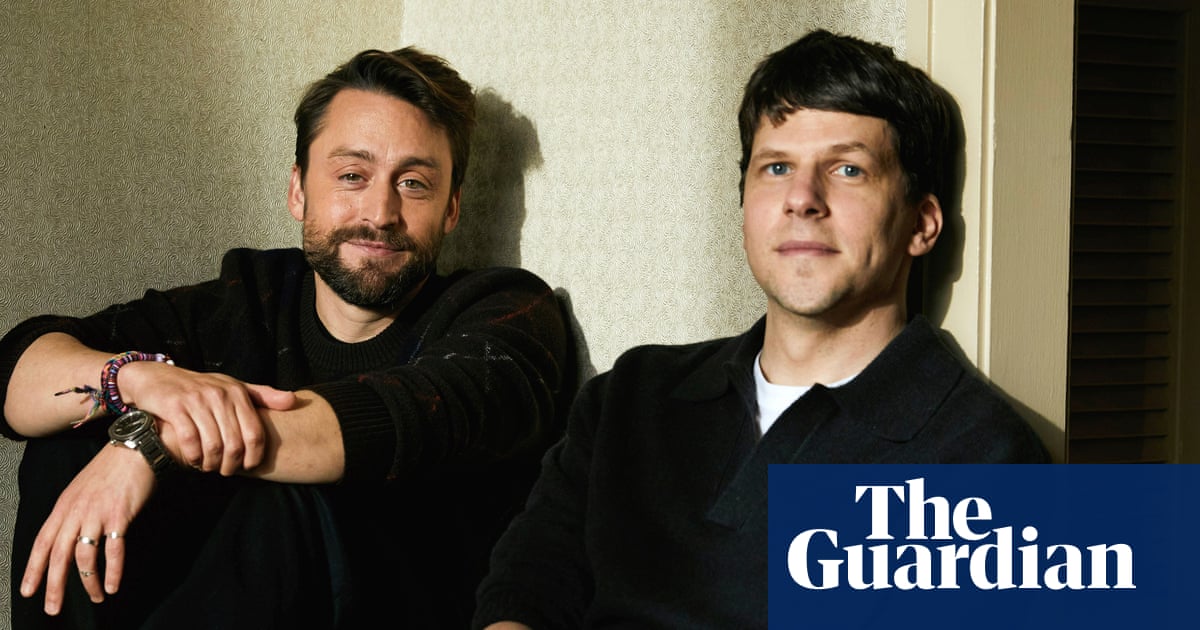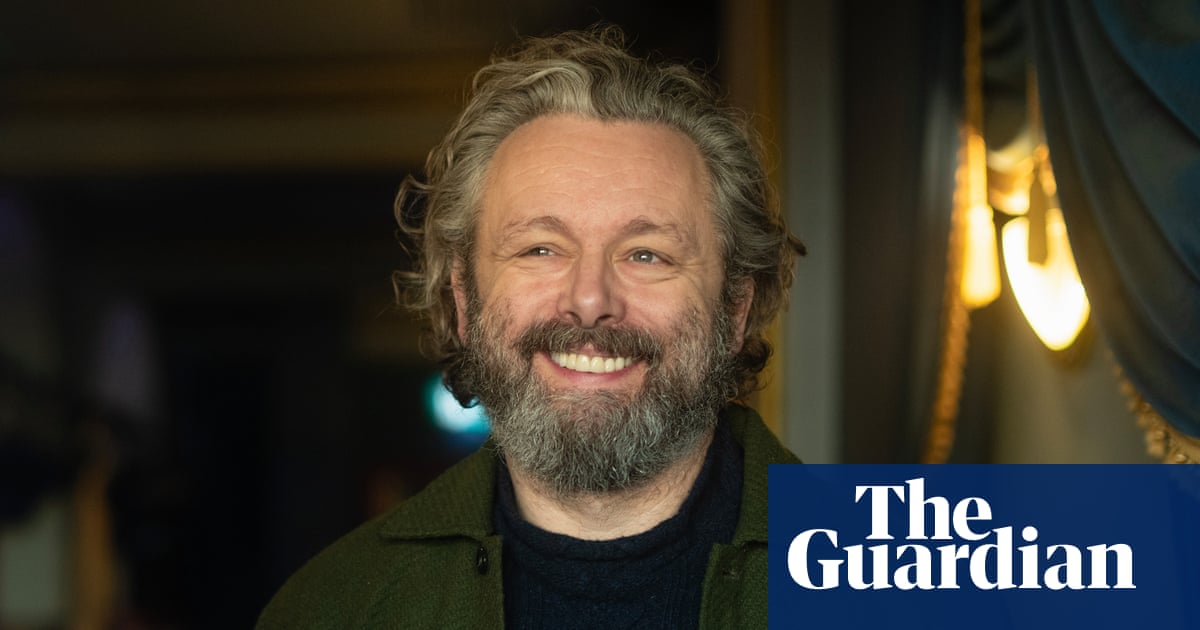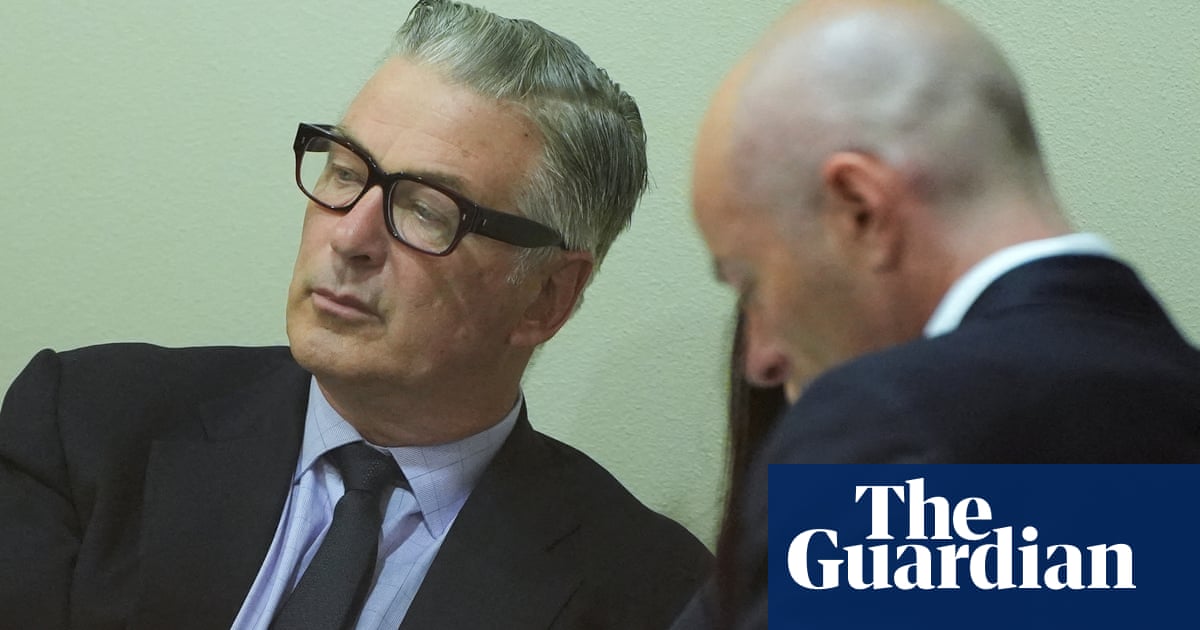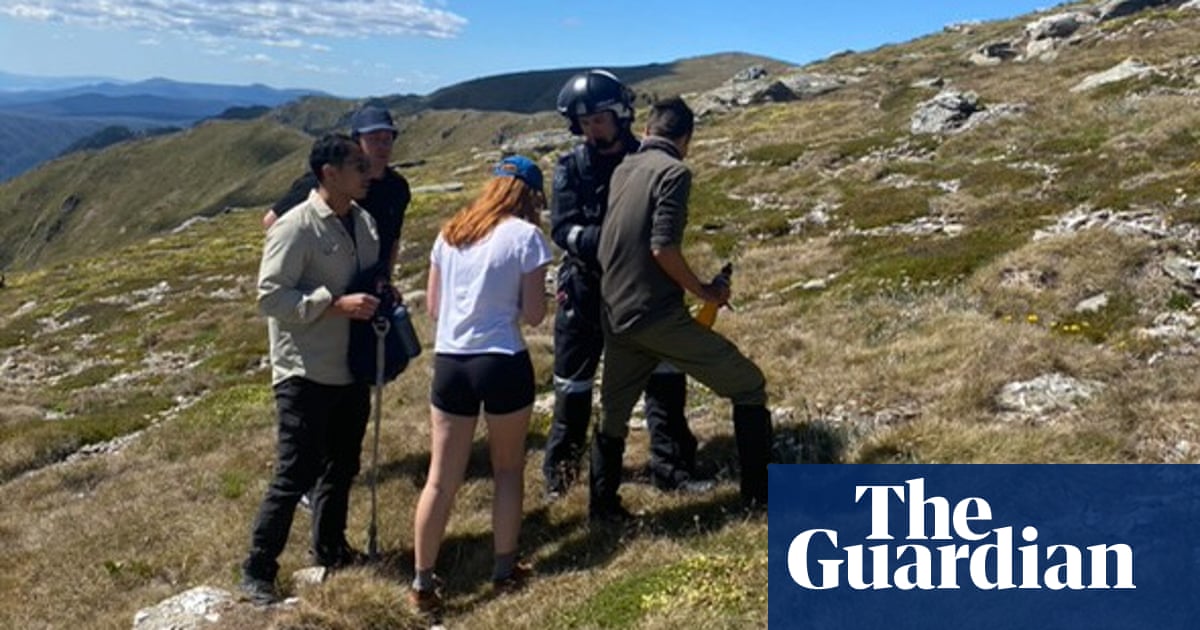The writer Paul Bailey, who has died aged 87, believed in ignoring surfaces or trying to see past them – to identify what was special about the ordinary and overlooked, and what was recognisable and understandable in the unfamiliar. His first career was in acting, and he always aimed to escape narrow egoism. Like the hero of his wonderfully entertaining novel Peter Smart’s Confessions (1977), Bailey “hated self-display” and was a “keen observer of it in others”.
His lifelong suspicion of preciousness was reflected in the priorities and approach of his work as novelist, critic and broadcaster. Reviewing his weekly Radio 3 conversations with writers (1988-92), the Daily Telegraph described him as a “perfect interviewer”.’
He kept faith with a certain kind of English modesty, and in time, received prizes named in memory of Somerset Maugham (1968), EM Forster (1974) and George Orwell (1978). Even when he went slightly “experimental”, with the fragmented character studies Trespasses (1970) and A Distant Likeness (1973), he did so with notable restraint.
As an actor, he imagined finding a niche playing “cockney, and other, eccentrics”. Instead, he filled his books with them. He described an earlier generation in his widely celebrated debut, At the Jerusalem (1967), which takes place in a care home, and the dual portrait Old Soldiers (1980). Peter Smart recalls a range of encounters, notably with the delusional doctor F Leonard Cottie. Bailey enjoyed what he called “the peculiar sharpness of London talk”, and used comic dialogue to lay bare mid-century and postwar working-class life.
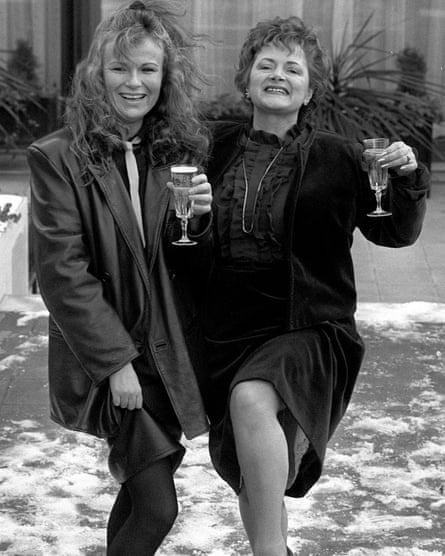
A sense of openness animated the six novels he produced during the first two decades of his career – a period in which he could do no wrong. During this time, he also wrote a sympathetic account of the Streatham brothel-keeper Cynthia Payne, An English Madam (1982), which became the 1987 film Personal Services, directed by Terry Jones and starring Julie Walters.
He used his exercises in autobiographical fiction as an opportunity to show how it should be done. The coda to Peter Smart’s Confessions, the posthumously published memoir of a jobbing actor, offers a round-up of what happened to the “cast”, in which Peter appears fifth in a list of six.
Gabriel’s Lament (1986), the story of a writer’s life, was similarly outward-looking, delivering a patient account – with third-person interludes – of the spur for the narrator’s belated sense of “grief.” Both books appeared on the Booker prize shortlist.
He was born Peter Bailey, in Battersea, south-west London, which he recalled as “a rather primly respectable area”. “Paul” was a twin he imagined, and a name he first adopted as an actor. His family lived in the upstairs of a terrace house without running hot water. Bailey and his mother, Helen (nee Burgess), often bickered – for instance, over whether his father, Arthur, worked as a “dustman” or a “roadsweeper”. (She instructed him to tell people he “worked for the council”.) “If you put her in a book,” a character tells Peter Smart of his monstrous mother, no one would believe it, though Peter’s executor says that the portrait he ends up supplying actually “errs on the side of understatement”.
Growing up, Bailey felt instinctively close to the past. His father, who died when he was 11, had fought at Flanders and was 51 at time of his birth. Bailey’s own imagination was steeped less in rock’n’roll than in music hall. In Battersea, there were not only “soot-encrusted” industrial buildings but also remnants of the Thames-side village. As an adolescent he went on long walks, visiting churches and museums, encountering habits and attitudes whose dying days he preserved in his work.
Bailey developed a love of literature, but instead of university, he went to the Central School of Speech and Drama, determined to play Hamlet or Richard II. He picked up the occasional acting job – a lead in Ann Jellicoe’s The Sport of My Mad Mother at the Royal Court in 1958 – and worked at Harrods selling books and magazine for £12 a week. He salvaged At the Jerusalem from an abortive stage play and never looked back.
Harrods was replaced by work as a publisher’s reader, then by journalism, broadcasting, and teaching – at Newcastle, Durham and North Dakota Universities, and briefly in a London comprehensive, as part of a scheme organised by the pioneering educationist Michael Marland.
As well as presenting programmes on the BBC, Bailey wrote hundreds of articles on subjects including London, Italy, Romania (a country he got to know in the 1990s), homosexuality, food, and the arts.
John Walsh, the former literary editor of the Sunday Times, called Bailey a “whizz” at “take-no-prisoners abuse”. His first column as television critic for the Guardian, in 1993, bade farewell to “that snobbish and condescending prat” Inspector Morse. He described John Gregory Dunne and Joan Didion – whose navel-gazing might have been designed to annoy him – as “this moderately talented couple”.
It was a tendency that brought him enemies. Steven Berkoff was seething after Bailey’s TLS takedown of his autobiography; Nigel Williams, casually talking to an East End gangster as research for a book, nearly found himself commissioning a hit-job when he referred to Bailey as a man he would like to see strung up; Patrick White called him a “spiteful queen”.
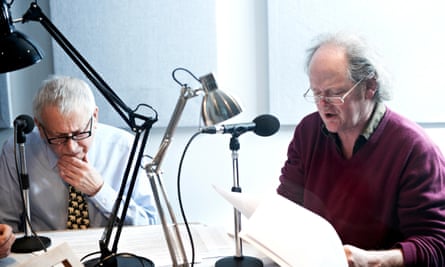
His only obvious counterpart in the world of books at the time was the professor and Grub Street workaholic John Carey, who had also attended grammar school in south-west London, had an old father and promoted modesty and generosity while retaining an acid tongue or poisoned pen. (Bailey served on Carey’s 1982 Booker jury.)
Bailey remained in demand as a reviewer and continued to attract praise for his non-fiction, notably the memoir An Immaculate Mistake – which Carey chose as “the book I most enjoyed” in 1990 – and the edited anthology The Oxford Book of London (1995). A biography of the novelist Henry Green never came to fruition.
But Gabriel’s Lament marked his critical and commercial peak as a novelist. With the exception of Uncle Rudolf (2002), a product of the Romanian connection, his later work, including a loose sequel to Gabriel’s Lament – Sugar Cane, 1993 – did not fare well. An article in the Observer reported that he had struggled to find a publisher for Chapman’s Odyssey (2011).
In his final years, Bailey fell into the “semi-obscurity” which, he bemoaned, had afflicted another English novelist unignorable in his day, Angus Wilson. But younger writers never lost sight of Bailey’s great gifts. Ali Smith acknowledged him as a forerunner. Colm Toíbín wrote a rapturous introduction to a 2019 reissue of At the Jerusalem. Philip Hensher named Gabriel’s Lament in a list of books that could have won the Booker prize and called Trespasses “one of the most underrated books written since the war”.
For 22 years, Bailey lived with David Healy, a costumier, in houses in Paddington and Shepherd’s Bush, west London, until Healy’s death in 1986. Later he met Jeremy Trevathan, a publisher, whose earlier partner, Bailey’s friend the food writer Jeremy Round, had also died young. They registered a civil partnership in 2016, and Trevathan survives him.

.png) 1 month ago
13
1 month ago
13

